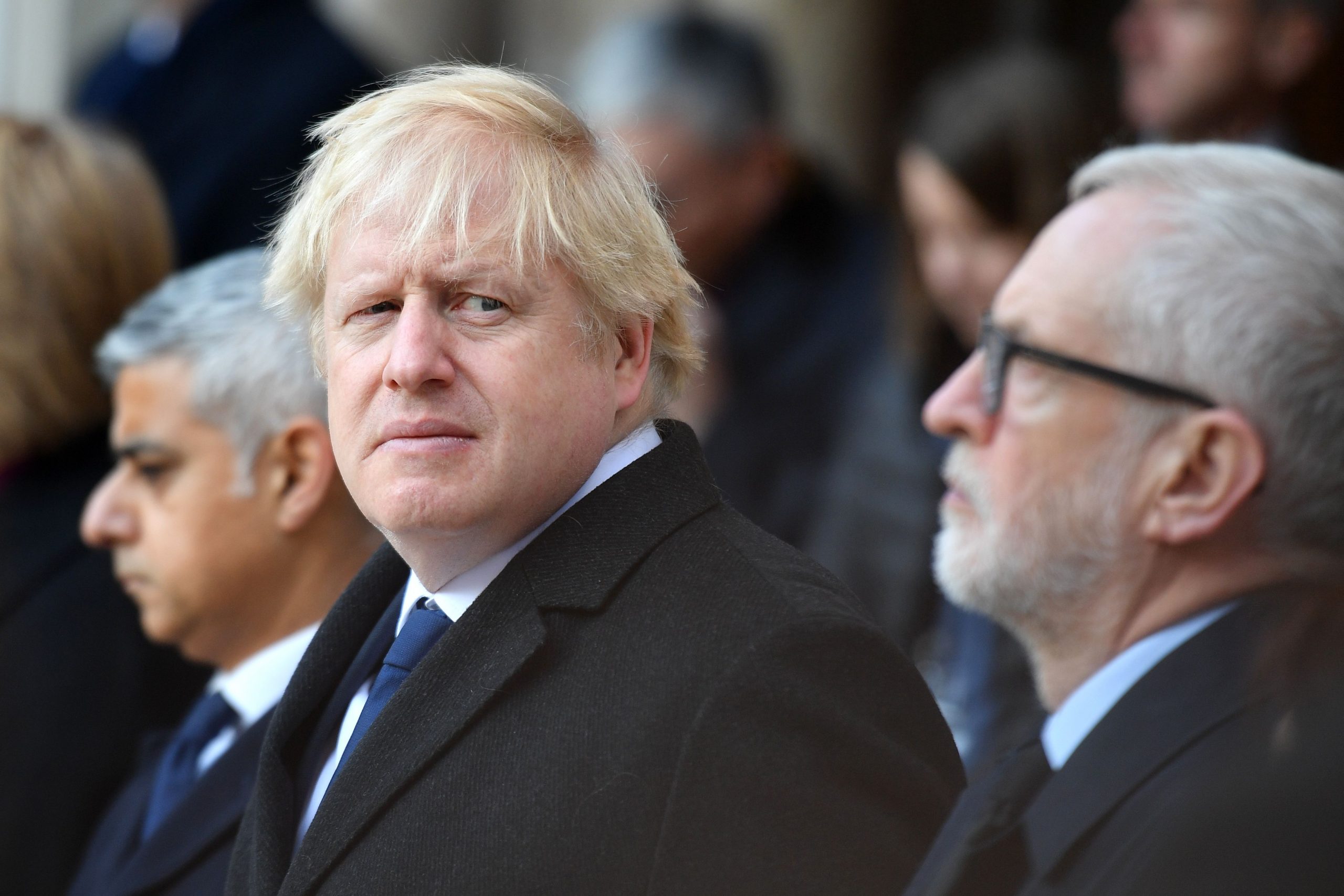
The government has denied that London will be put on lockdown. Which raises a follow-up question to which there is no obviously good answer for the government: given that the United Kingdom has now changed its virus-fighting approach, bringing it into line with those countries using suppression to curb its spread, why does the government believe that London will or should avoid the same severe limitations on movement as those experienced in Paris or Milan?
Either we have a government that is flatly kidding itself about the UK’s unique ability to avoid some of the virus-fighting measures overseas – or we have a government that wants to avoid the discussions about the implications of those measures.
Some MPs, both Conservative and Labour, believe that ultimately, not only will Londoners face curbs on their movements but so will all of the country, and that those powers shouldn’t rest in the hand of a single-party government.
I think they have a serious and real point here. Just as in the First and Second World Wars, we may be heading for a prolonged period in which we face indefinite curbs on our personal freedoms. The role of external opposition is an important safeguard – that’s the role the then-third placed Labour played during the First World War, and members of the Parliamentary Labour Party played during the Second – but so too is an executive that comprises more than one party.
Throughout the bulk of both conflicts, the roles of prime minister and home secretary were held by politicians of different parties. That’s a real and important backstop during a prolonged period of advanced state power – and is important both for maintaining consent for those measures (which cannot endure without public approval) and as a safeguard that they won’t go on indefinitely.
That argument is why several at Westminster believe that, barring a major breakthrough in the medical treatment of Covid-19, we will have a national government by the end of the summer: because the only way to approach a period of prolonged enforced isolation is for the levers of power to be held by more than one party.





